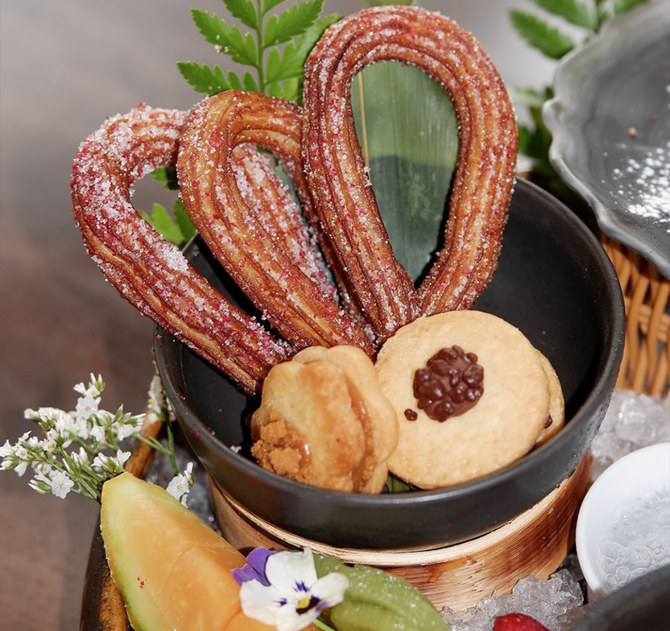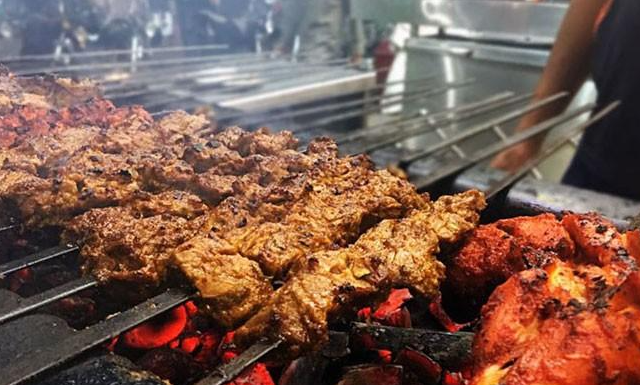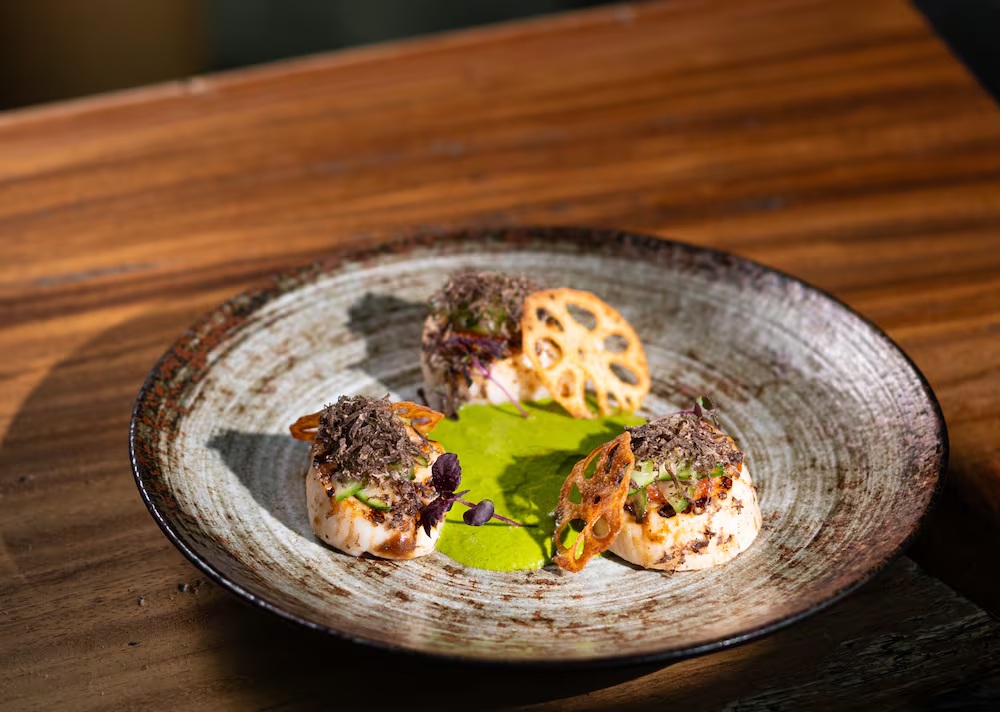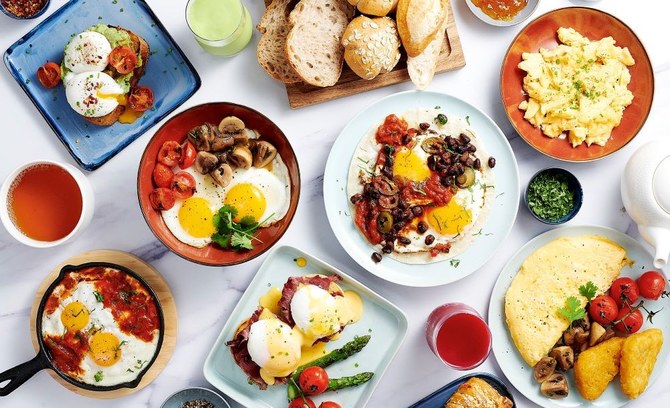
Monitoring Desk
Although fasting affects the body during Ramadan, you can still enjoy it while capturing the spirit of this holy month. Here’s what you need to do, according to the suggestions of dietitian Özge Toy
Muslims worldwide are observing the holy month of Ramadan. During this month, which is called the “sultan of the 11 months” among locals in Turkey, they generally focus on self-reflection, spiritual purification and becoming closer to God. For such reasons, they fast by refraining from worldly activities, including eating, drinking, smoking, arguing, lying and gossiping.
By cleaning the soul of temporal pleasures and harmful impurities, they aim to grow spiritually. However, fasting during daylight changes eating and sleeping habits, which affects both our biological clocks and metabolisms. Therefore, while capturing the Ramadan spirit, Muslims should also pay attention to providing their metabolism, which slows down due to dehydration and hunger, with enough water and balanced nutrition to pass this period in a healthy way.

Let’s go over what we need to keep in mind during Ramadan one more time with dietitian Özge Toy since we tend to ignore health-related measures toward the end of it.
Speaking to Daily Sabah, Toy said that fasting can be therapeutic for the body as it facilitates the excretion of accumulated fat and damaged cells in the body as well as improves the functioning of the endocrine system and organs. However, she warned that people need to be careful about their nutrition throughout this complete detox.

Noting that one of the most common mistakes made in Ramadan is insufficient fluid consumption, Toy said that most people concentrate on consuming foods since the time period they will eat is limited. “But insufficient fluid can cause many ailments such as dehydration, brain fog, edema and kidney stones. Therefore, people should drink at least eight glasses of water between the iftar and sahur meals.”
While women need to drink 1.5-2 liter of water, this rate should be 2-2.5 liters for men, according to Toy. The dietitian also said people who are fasting should pay attention to consuming foods and drinks with high water content, like ayran – which is made by mixing yogurt, water and salt, and cacık, which is prepared with yogurt, salt, water, olive oil, crushed garlic, chopped cucumbers and mint, in their meals. However, they should not turn to caffeinated beverages such as tea and coffee to prevent dehydration.
When it comes to foods for the iftar and sahur meals, Toy said menus should contain plenty of fiber and sufficient protein. Half of the plate should consist of vegetables, a quarter of protein foods and a quarter of cereals, she said.

Foods that are easy to digest should be preferred. Different types of food should be consumed alternately so that the intestines are not adversely affected. If a meal of primarily vegetables is consumed one day, legumes can be preferred the next day, and meat, chicken or fish could be prepared for the next day. In short, meals should be of one type and changed alternately.
Besides, Toy suggests that very salty and sugary foods should be excluded from the table. People should avoid consuming foods with additives as much as possible. Getting plenty of antioxidants, vitamins and minerals by increasing the consumption of vegetables and fruits is a must.
While trying to eat effectively, it is moreover very important for us to cook the food correctly, according to Toy. So, we need to cook foods in a way that preserves vitamins, minerals and healthy fatty acids. Foods should be cooked without being exposed to high heat or burning. We may minimize the vitamin and mineral loss by boiling ingredients. Instead of frying, we should cook with steam, in the oven or by simmering on the stovetop.

Reiterating that it is necessary to get the nutrients the body needs to maintain your health during Ramadan, Toy said that a snack would be proper two hours after iftar meals. For these snacks, seasonal fruits, raw nuts that are a source of healthy fatty acids and fermented milk products such as kefir and yogurt can be consumed. Mineral waters, herbal teas and kombucha can also be drunk to facilitate digestion.
Another contradictory topic about meals during Ramadan is the consumption of desserts. Toy mentioned that consuming a dessert right after the iftar meal is another common mistake. According to her, the food we eat after fasting raises our blood sugar. While blood sugar is high in the first two hours, it starts to decrease gradually in the third and fourth hours after the meals. Desserts that are consumed immediately after a meal cause blood sugar to rise excessively. The body secretes an excess of insulin to balance this excess blood sugar. While the excess is stored as fat, these sudden changes in sugar disrupt people’s metabolism.

Therefore, desserts should be consumed two to three hours after iftar. Toy recommends consuming sweets such as light fruit desserts, milk desserts or ice cream instead of heavy sherbet desserts such as Turkish baklava. “It would be healthier to consume desserts once a week, not every day,” she added.
We have prepared exemplary sahur and iftar meals for you. For a healthy Ramadan, you can give these delicious Turkish foods a try.
Iftar menu:
- Tomato soup
- Baked meatballs and potatoes
To start an iftar menu with a bowl of tomato soup will surely be an impressive option that will appeal to your taste. For ingredients, you will need 14 medium-sized tomatoes, one onion, a clove of garlic, 1 liter boiling water, salt and black pepper to taste. After washing your tomatoes, cut them in half and cook them in the oven with the onion and garlic for 45 minutes at 160 degrees Celsius (320 degrees Fahrenheit). Then put the garlic and onion in a pot with a splash of olive oil and add tomatoes and half of the boiled water. Mix them until you have a puree. Once the mixture comes to a boil, add the remaining water along with the salt and pepper. You may serve it by sprinkling some cheese on it.
For Turkish baked meatballs and potatoes, you will need 500 grams of minced beef, one to two onions, one egg, 2 tablespoons of breadcrumbs, tomato paste, cumin, salt and pepper. Chop your onion finely and add all the other ingredients into a bowl. Knead it all together – keep in mind, the longer you knead, the better the result. Form the meatballs into the shape you like. Lay them on an oven tray, put sliced potatoes next to them and add some watered-down tomato paste. Bake until they are no longer raw.
In this iftar menu, a green salad may accompany your Turkish meals, according to Toy. In addition, a cup of hibiscus tea would be great after the meal. For the tea, add 3 teaspoons of hibiscus to 1 liter of water, brew for five minutes and filter.




Sahur menu:
- Egg salad
- Grilled cheese sandwich with 5-10 olives
- A slice of pineapple
For egg salad, all you need are boiled eggs and greens that you like, such as parsley, dill and green onions. You may flavor your salad with peppers and lemon juice.
For your cheese sandwich, pay attention to choosing fat-free cheese and do not add extra butter!
Courtesy: Dailysabah
The post Niceties of fasting: All about eating during holy month of Ramadan appeared first on The Frontier Post.








